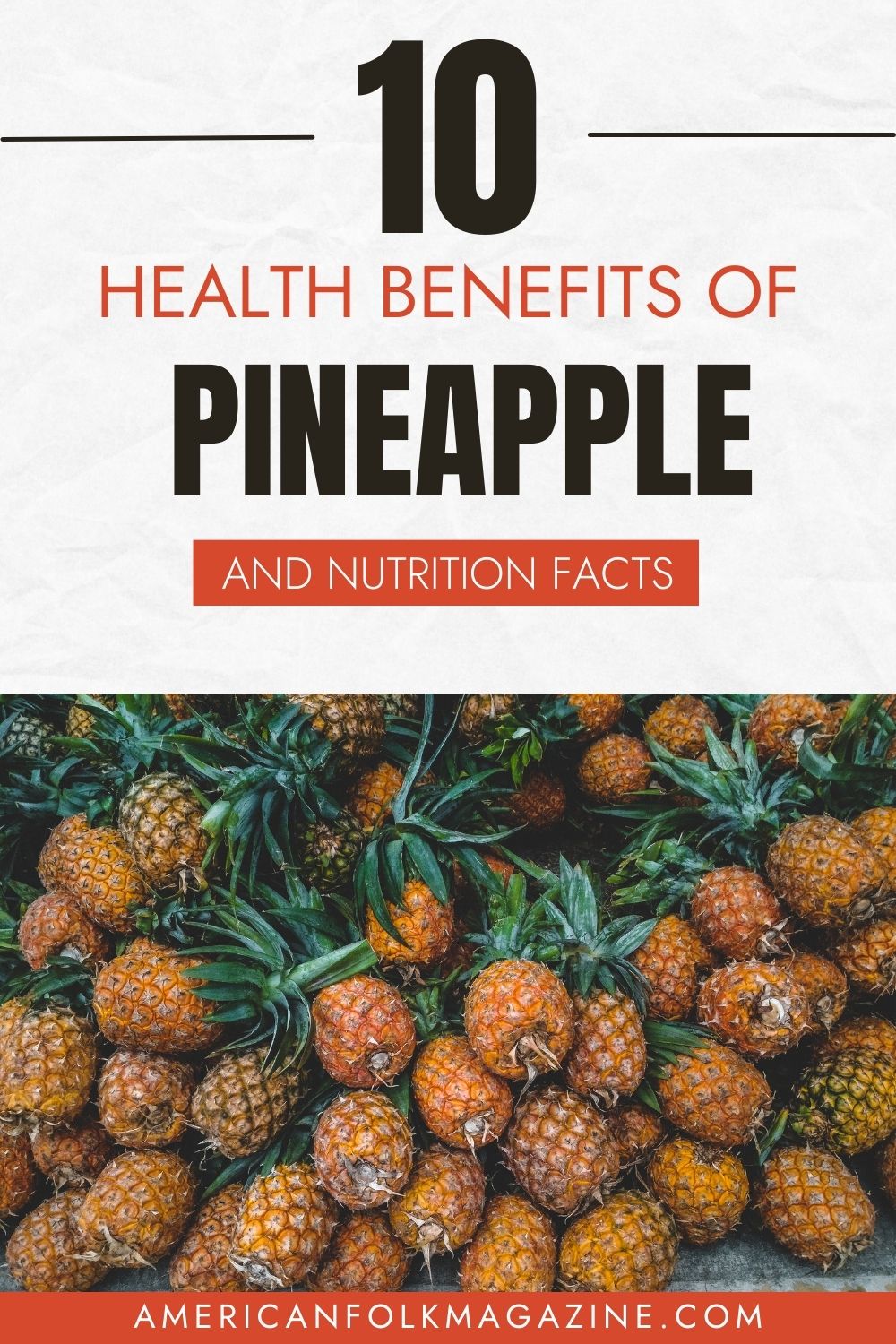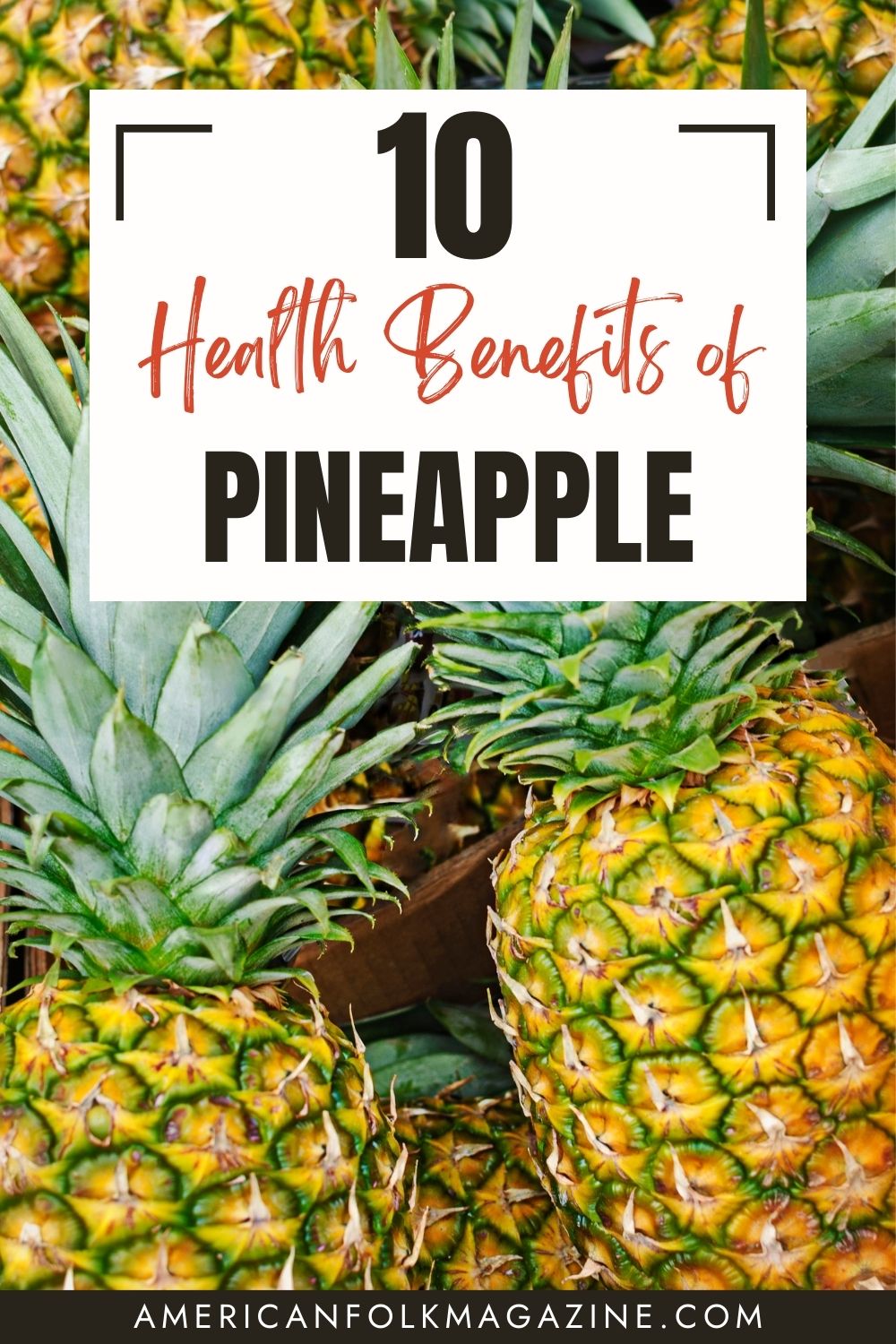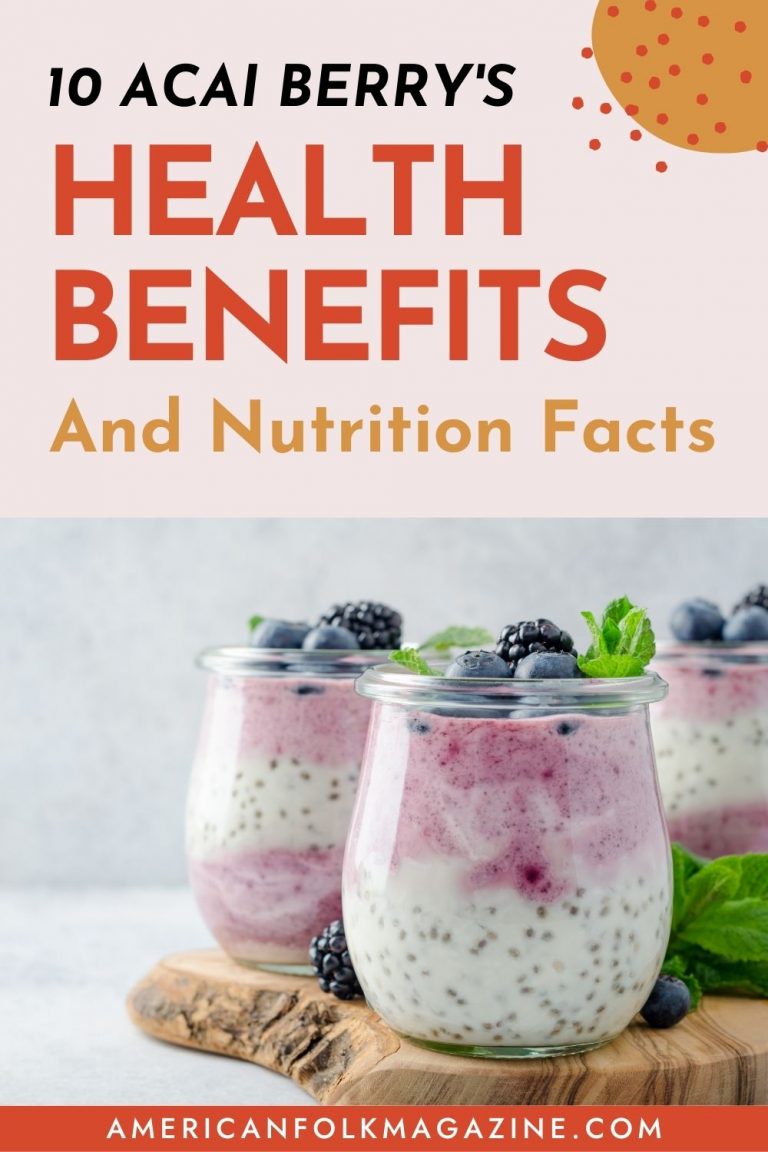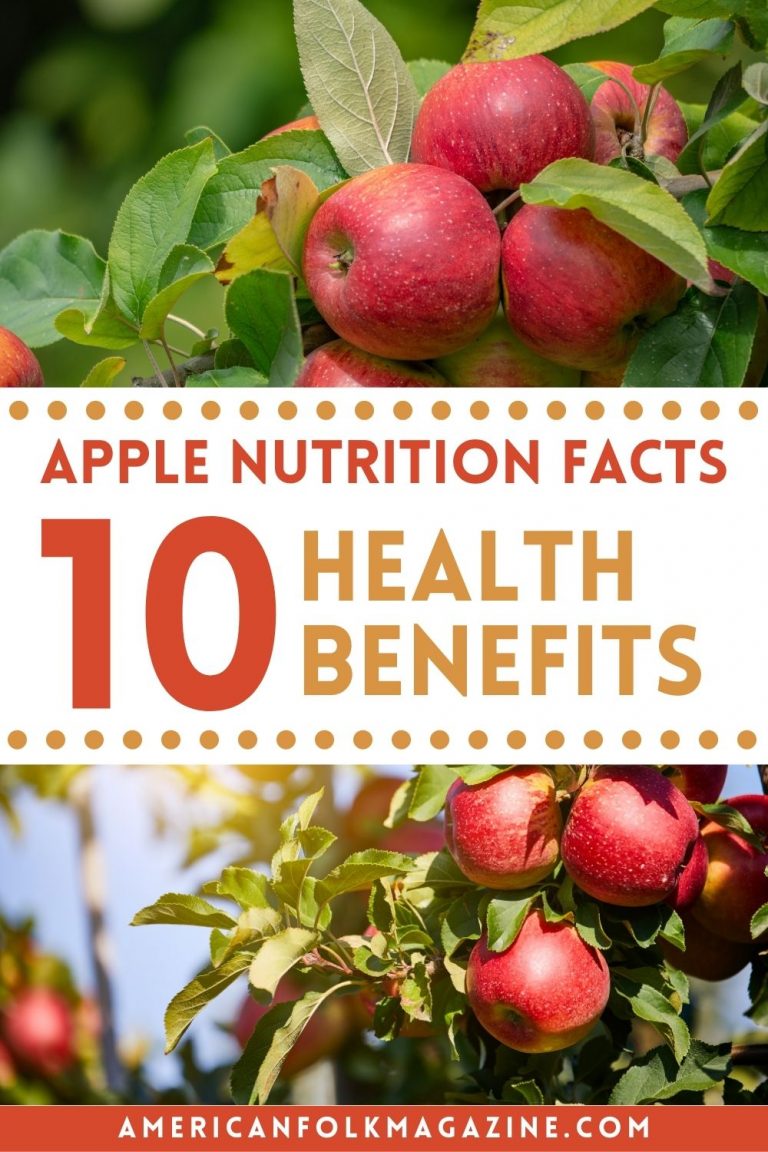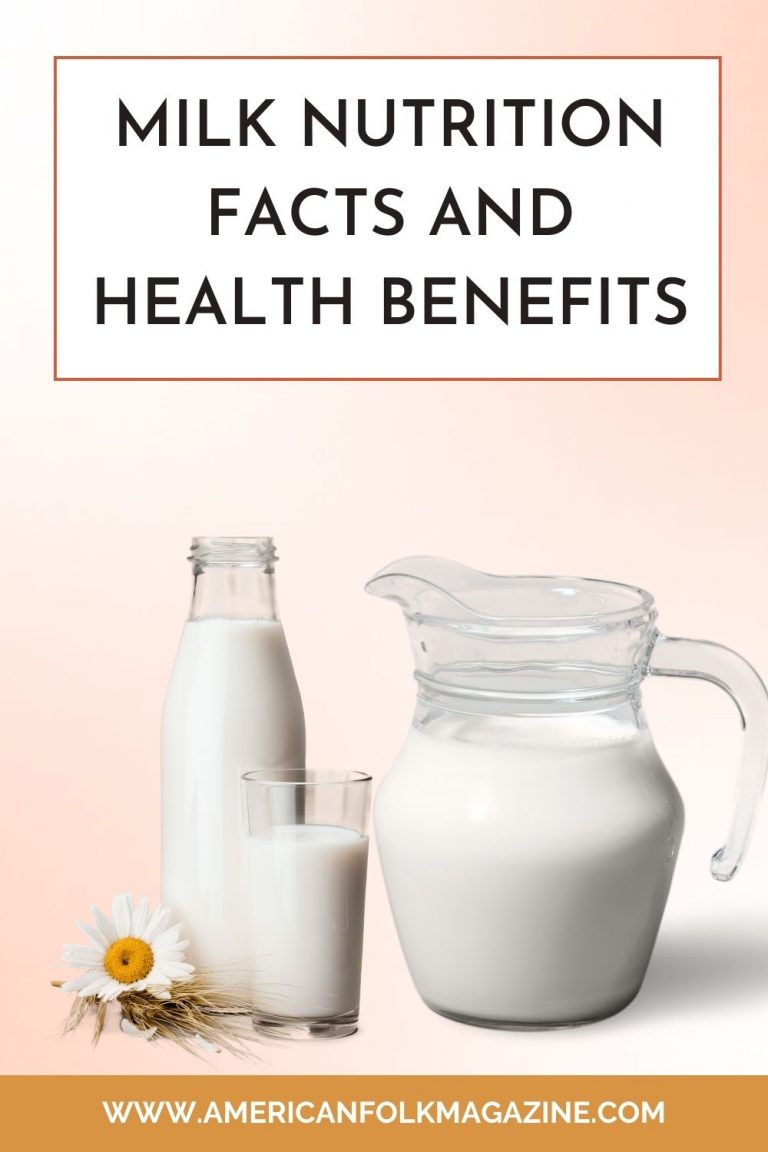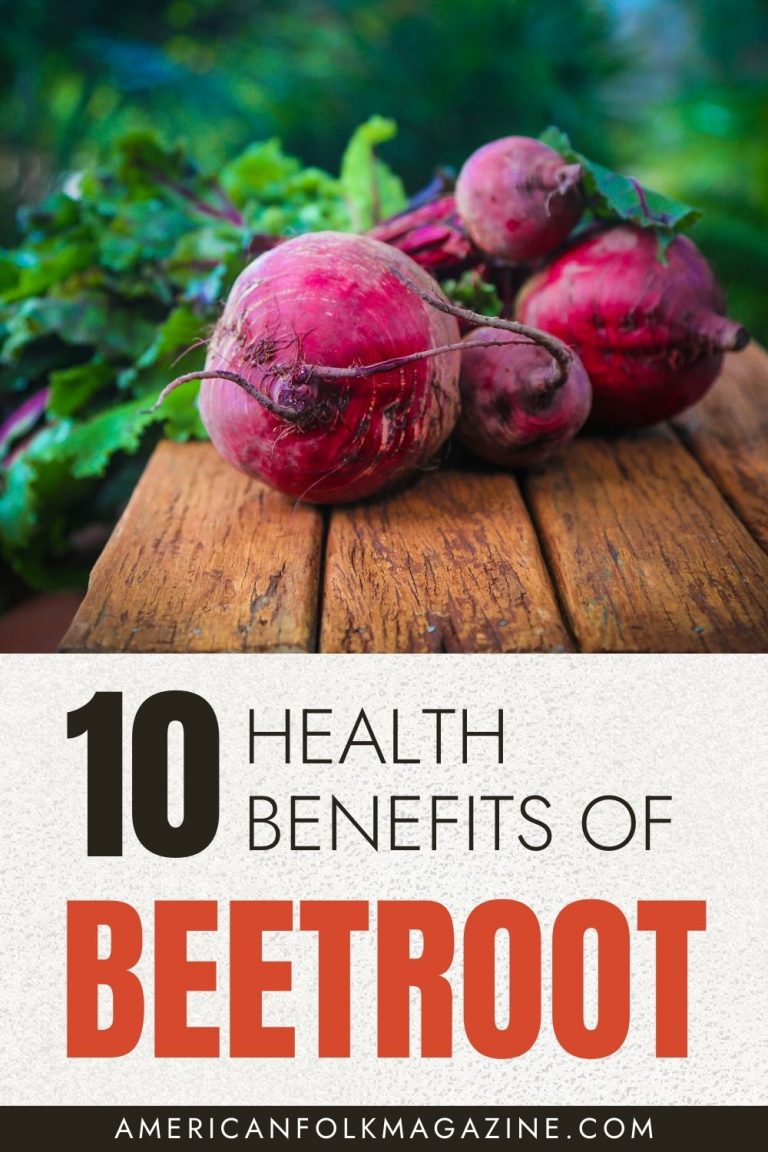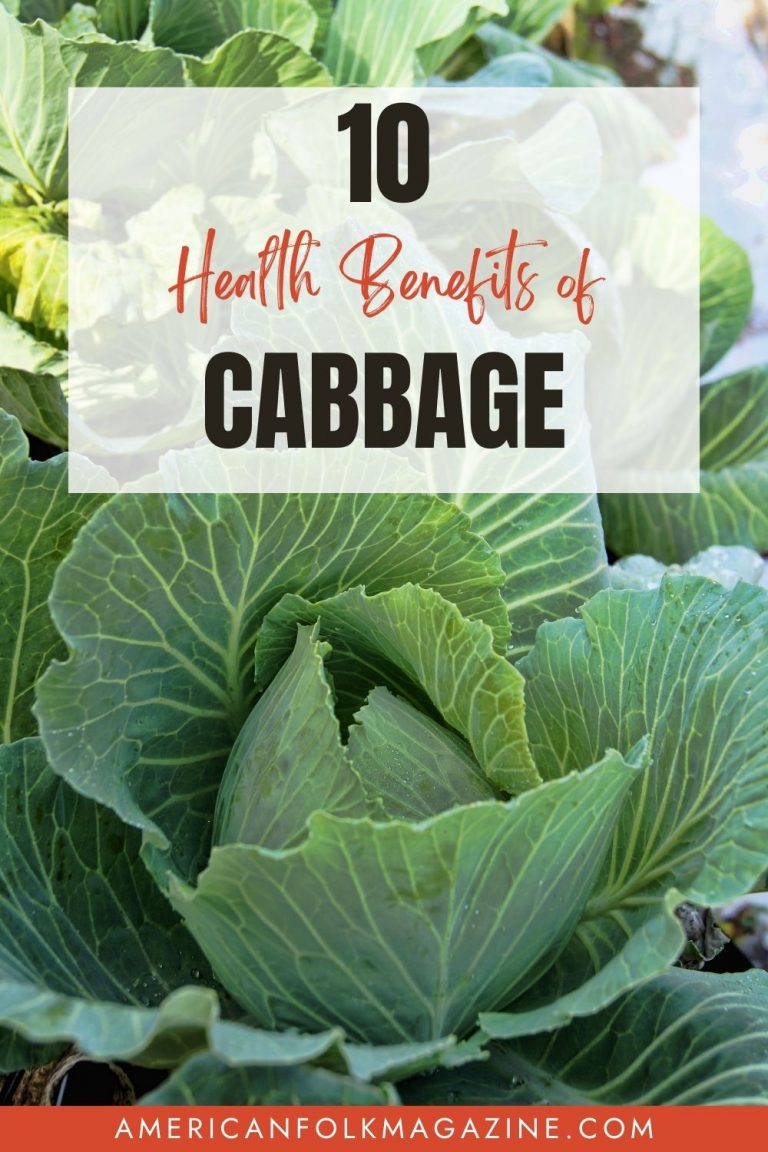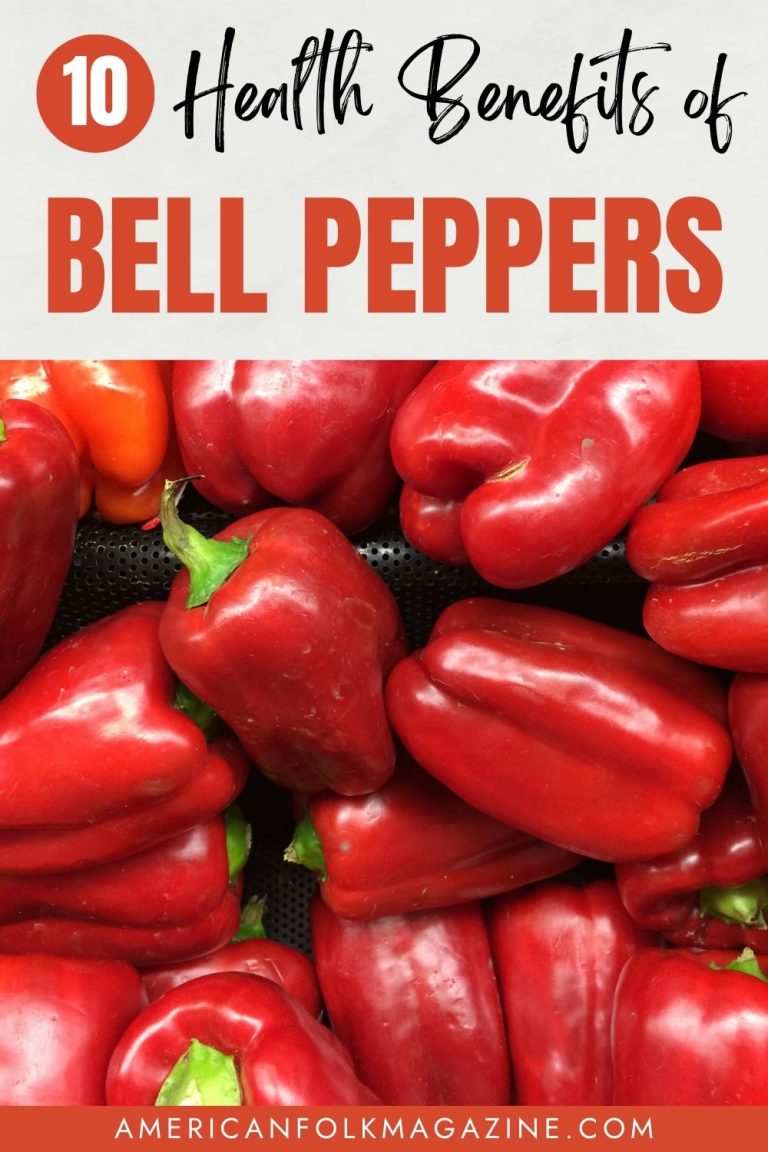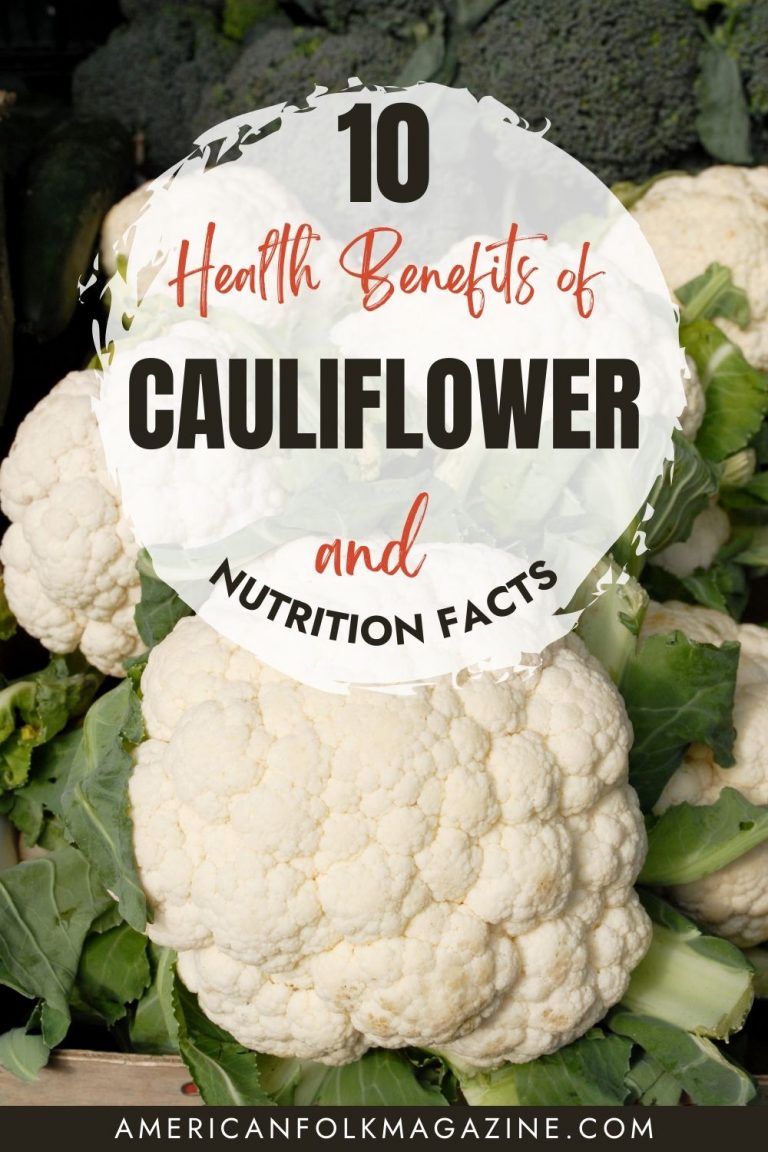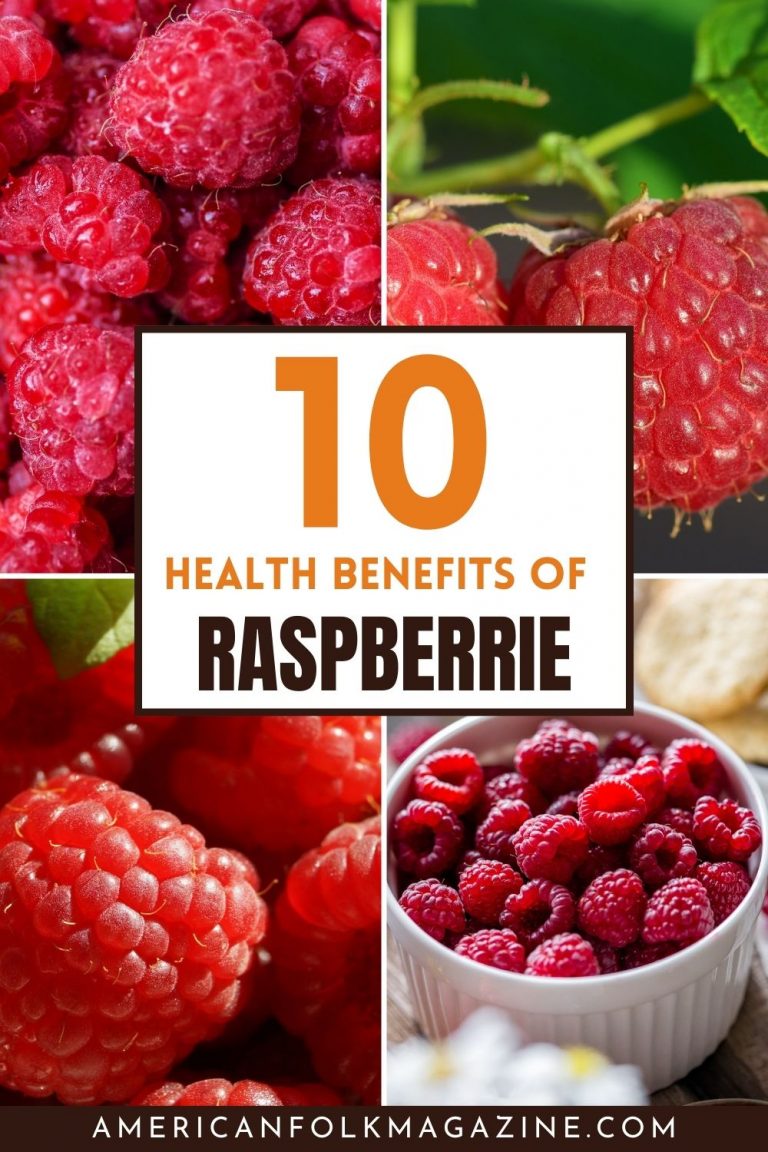Pineapples are a delicious and nutritious tropical fruit that can provide numerous health benefits. In this article, we will explore the nutritional value and 10 specific health benefits of pineapples to help you unlock its potential for a healthy lifestyle.
Pineapple Nutritional Profile
Pineapples may be sweet in taste, but they are also packed with essential vitamins and minerals. Here are some key nutrients found in pineapples:
Pineapple Vitamins
One cup of pineapple chunks (approximately 165 grams) contains:
- Vitamin C: 105% of the recommended daily intake (RDI)
- Vitamin B6: 9% of the RDI
- Vitamin A: 3% of the RDI
- Thiamin: 7% of the RDI
- Riboflavin: 3% of the RDI
- Folate: 5% of the RDI
Pineapple Minerals
One cup of pineapple chunks (approximately 165 grams) contains:
- Potassium: 7% of the RDI
- Manganese: 76% of the RDI
- Copper: 9% of the RDI
- Magnesium: 5% of the RDI
- Iron: 3% of the RDI
The high vitamin C content in pineapples provides antioxidant benefits that may help protect the body from damage caused by free radicals.
Manganese, another key mineral found in pineapples, aids in the formation of healthy bone tissue and helps regulate blood sugar levels.
Potassium, copper, magnesium, and iron also play essential roles in maintaining good health.
Health Benefits of Pineapple
Pineapples not only provide a delicious tropical flavor, but they also offer a variety of health benefits. In this section, we will explore some of the ways that incorporating pineapples into your diet can support your overall health and wellbeing.
1. Aid in Digestion
Pineapples are rich in dietary fiber, which can aid in digestion and promote regular bowel movements. They also contain an enzyme called bromelain, which can help break down proteins and alleviate digestive issues such as bloating and constipation.
2. Boost Immune System
Pineapples are an excellent source of vitamin C, a powerful antioxidant that can help boost the immune system and protect against illness and disease. Vitamin C also plays a key role in collagen synthesis, which contributes to healthy skin and joints.
3. Reduce Inflammation
Bromelain, the enzyme found in pineapples, has also been shown to have anti-inflammatory properties. Consuming pineapples may help reduce inflammation in the body, which can contribute to a variety of health conditions such as arthritis and cardiovascular disease.
4. Improve Vision
Pineapples contain beta-carotene, an antioxidant that can help protect against age-related macular degeneration and other vision problems. Adding pineapples to your diet may help improve and maintain healthy eyesight.
5. Promote Healthy Skin
In addition to vitamin C, pineapples also contain other antioxidants and nutrients that can promote healthy skin. These include vitamins A and K, as well as calcium and potassium. Eating pineapples may help reduce the signs of aging, improve skin elasticity, and prevent damage from UV rays.
6. Aid in Weight Loss
Pineapples are low in calories and high in fiber, making them a great choice for those looking to lose weight. They can also help regulate blood sugar levels and reduce cravings for sugary or high-fat foods.
7. Support Heart Health
The high fiber and potassium content of pineapples may also contribute to heart health by reducing cholesterol levels and supporting healthy blood pressure. Pineapples may also help prevent blood clots and reduce the risk of heart attack and stroke.
8. Improve Fertility
Pineapples contain a compound called bromelain, which has been shown to have anti-inflammatory properties and may improve fertility in both men and women. Studies have also suggested that consuming pineapples may increase the chances of successful conception in women undergoing in vitro fertilization (IVF) treatments.
9. Boost Energy Levels
Pineapples are a good source of natural sugars and carbohydrates, which can provide a quick energy boost. They also contain enzymes and nutrients that can support overall energy production and metabolism.
10. Lower Risk of Cancer
Some studies have suggested that the antioxidants and anti-inflammatory compounds found in pineapples may help reduce the risk of certain types of cancer, such as breast, prostate, and colon cancer. While further research is needed, incorporating pineapples into a healthy diet may provide some protective benefits against cancer.
Pineapple Recipes and Serving Suggestions
If you’re looking for creative ways to incorporate pineapples into your diet, you’re in luck! Here are a few delicious and healthy recipe ideas:
Pineapple Salsa
This refreshing and zesty salsa is the perfect accompaniment to grilled chicken or fish. Simply combine chopped pineapple, red onion, jalapeno, cilantro, lime juice, and a touch of salt for a burst of tropical flavor.
Pineapple and Coconut Smoothie
Blend frozen pineapple chunks with coconut milk, Greek yogurt, and a touch of honey for a creamy and nutritious breakfast or snack.
Grilled Pineapple Skewers
Cut pineapple into chunks and thread onto skewers for a sweet and tangy addition to any BBQ spread. Brush with honey and sprinkle with cinnamon for an extra burst of flavor.
In addition to these recipes, you can also add fresh pineapple to salads, smoothie bowls, or simply enjoy as a snack. Don’t be afraid to get creative and experiment with different flavor combinations.
Conclusion
Incorporating pineapples into your diet can provide a wide range of health benefits, from aiding in digestion to boosting the immune system.
As we have discussed in this article, pineapples are a rich source of essential vitamins and minerals, including vitamin C, vitamin B6, and potassium. These nutrients can support a healthier lifestyle and help protect against a range of health issues.
To make the most of the health benefits of pineapples, there are many delicious recipes and serving suggestions to try. For a refreshing snack, consider slicing up some fresh pineapple and serving it on its own or with a dollop of Greek yogurt.
Pineapple can also be used in a range of savory dishes, such as a tropical salsa for grilled fish or chicken, or as a sweet and tangy glaze for roasted vegetables. For a tasty beverage, blend frozen pineapple with coconut milk and ice for a tropical smoothie.
References:
- Pineapple 101: Benefits, Nutrition Facts, Side Effects, More (everydayhealth.com)
- Pineapple Health Benefits & Nutrition (webmd.com)
- Pineapple: Nutrition and benefits (medicalnewstoday.com)
- Pineapple Nutrition Facts and Health Benefits (verywellfit.com)
- https://www.healthline.com/nutrition/benefits-of-pineapple
Pin It In Your Board
